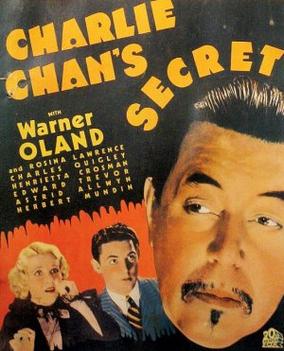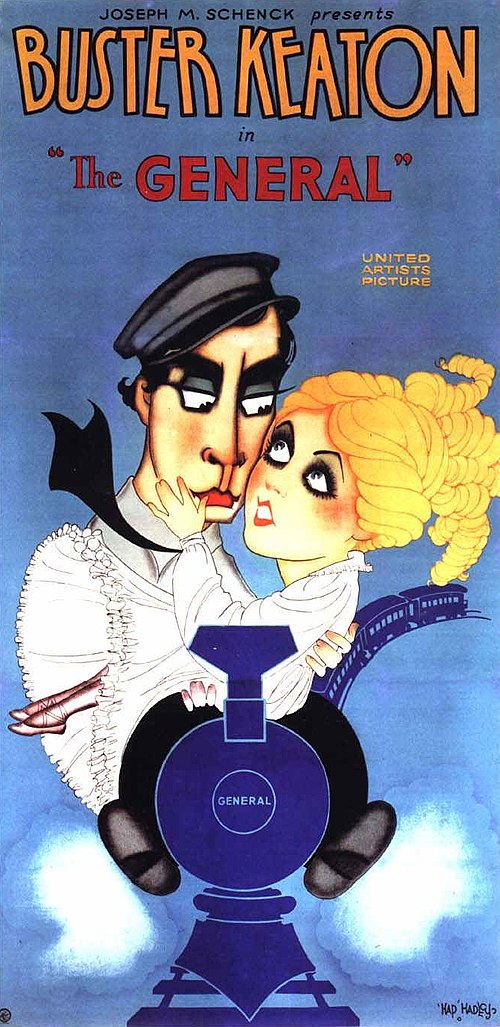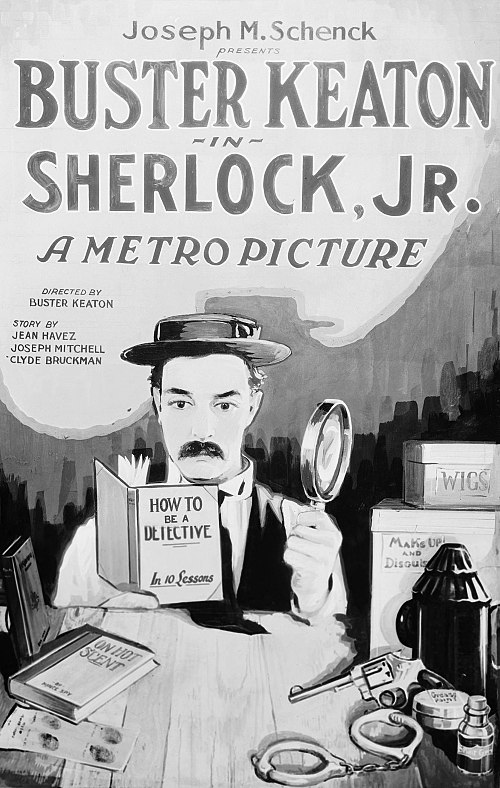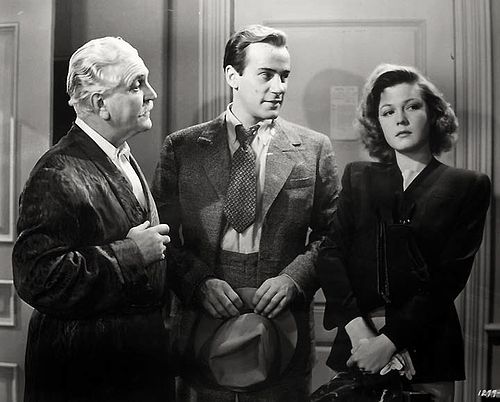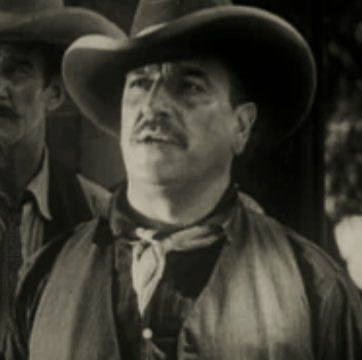Timetable (aka Time Table)
After the theft of $500,000 in a carefully executed train robbery, an insurance investigator (Mark Stevens, who also doubled as director and producer) is forced to cancel a planned vacation with his wife to assist a railroad detective in identifying the culprits and recovering the money. However, private preoccupations weigh on his mind and he grows increasingly restless as the investigation goes on. External links: IMDB page American Film Institute entry Noir of the Week review Under the hood: VIDEO: [XVID] 640x480 24bpp 23.976 fps 1097.5 kbps AUDIO: MP3, 48000 Hz, 2 ch, s16le, 128.0 kbit (ratio: 16000->192000) Copyright information: copyright notice (mandatory): COPYRIGHT MCMLV - UNITED ARTISTS CORPORATION original registration (optional): none renewal registration (mandatory to ensure protection beyond 1983): none
Time Table (also known as Timetable) is a 1956 American black-and-white crime film film noir produced and directed by Mark Stevens (actor), who also stars as the lead character.<>.</>
This was one of the first film appearances by both Jack Klugman and actress Felicia Farr. She had earlier appeared (as Randy Farr) in Big House, U.S.A (1955).<></>
Plot
A physician, whose license has been revoked, poses as a practicing doctor aboard a train passing through Arizona. His presence there is part of a caper involving a fictitious patient, on whose behalf he gains access to his checked baggage, including his physician's "black bag," in the baggage car, whereupon he blows and then robs the safe. Then he arranges for both the fictitious patient, which he claims is infected with polio, a communicable disease which poses an immediate and extremely serious public health risk, and himself to leave the train, presumably departing for the closest hospital, which is also far from any scheduled train stop, the two thereby escaping with $500,000 in an ambulance. The railroad officials do not discover the robbery until the train reaches Phoenix, many hours after their escape has been effected.In response, the insurance company puts the protagonist, Charlie Norman, on the case, forcing him to postpone his previously scheduled vacation to Mexico. Joe Armstrong, an old friend who is the investigator for the railroad, works with him. Gradually evidence starts to turn up that the thieves ditched the ambulance and escaped in a rented helicopter. The scheme was thus elaborate, showing that the robbery had been carried out according to a strict timetable.
But there was one misstep that kept it from being the perfect crime. As the investigators pursue this misstep, the intended timetable starts to unravel and the audience suddenly discovers who the secret mastermind is.
Finally, as the American and Mexican authorities begin to close in, the mastermind pulls his last clean-escape opportunity from his sleeve, only to have his well-intentioned wife pull a practical joke on him, in the process making a duplicate key to his locked attache case and substituting vacation travel magazines for his work papers only to discover that the robbery money is in his case, which she immediately returns, anonymously, to the railroad, thereby completely foiling what had started out to be "the perfect crime."
Cast
- Mark Stevens (actor) as Charlie Norman
- King Calder as Joe Armstrong
- Felicia Farr as Linda Brucker
- Marianne Stewart as Ruth Norman
- Wesley Addy as Dr. Paul Brucker
- Alan Reed as Al Wolfe
- Rodolfo Hoyos Jr. as Lt. Castro
- Jack Klugman as Frankie Page
- John Marley as Bobik
Reception
=Critical response=
Film critic Dennis Schwartz liked the film and wrote, "A gripping film noir about an ace insurance investigator, Charlie Norman (Mark Stevens--he also directs), who successfully plans a complicated train robbery in Arizona and ends up teamed with railroad detective Joe Armstrong (King Calder) as co-leaders of the investigation. The film's moralistic theme could be that there's no such a thing as a perfect crime, perfect marriage, or perfect job. It's a taut thriller with a fine script and acting ... This neat little suspense thriller had two noir themes going for it—the respected veteran insurance-agent-gone-wrong and the mid-life crisis of a conventional man who throws away a wife who loves him and his cozy but empty middle-class existence for a woman he lusts after. Mark Stevens, as the director, handled both themes rather well."See also
Category:1956 films
Category:1950s crime drama films
Category:American films
Category:English-language films
Category:Black-and-white films
Category:Film noir
Category:United Artists films


